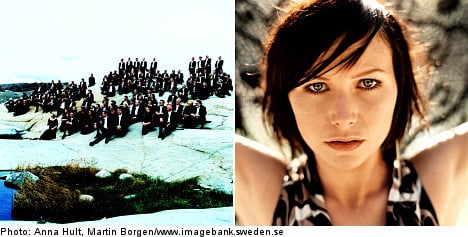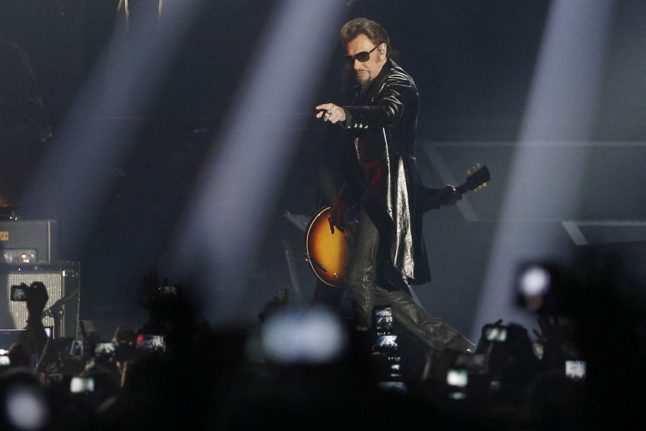Has Sweden really no culture – none at all? The question is relevant. In the Anholt Nation Brands Index – where panels in 20 countries estimate the strength of 50 nations in six different dimensions – Sweden does very well in the governance dimension. Our country is considered to be a non-corrupt, well-working society characterized by equality, democracy and a caring nature. But at the same time Sweden scores below average in the culture dimension, especially “cultural heritage.”
Well, we have no Thebe, no Forum Romanum, no Louvre. Sweden came into the European culture sphere fairly late. But we still have a cultural heritage. We just need to show more confidence in it.
The Old Town in Stockholm is interesting and can very well compete with Tallinn in Estonia or maybe Bruges in Belgium. The Skokloster castle is unique with its well-preserved 17th-century collection. The castles of Skåne are a link to European culture and architecture. We could help Sweden’s image by advertising our cultural heritage much more.
But why – I hear quite often, even from leading people in Swedish society – do we need a cultural reputation? Sweden already has very successful export companies and more international brand names than most nations of its size.
Well, everything is connected.
In most countries, knowing your culture is good manners. You are supposed to know your classic culture as well as that of your own time. Swedish politicians and business leaders often fall silent in informal chats with their southern European counterparts. I remember myself when Jean-Claude Trichet (now president of the European Central Bank, and once my opposite number as French state secretary of finance) and one of his co-workers invited me to an informal dinner.
When we had coffee, Trichet said: “Well, if you compare the Maastricht Treaty with Dante – what would you say?” For 15 minutes I could follow by comparing the Maastricht criteria with the circles in Dante’s Inferno. But the two Europeans kept the subject going brilliantly for an hour.
In management training at the leading universities in Britain, southern Europe and the US, a classic liberal education is a part of the curriculum. If you can’t describe your own national cultural heritage, you might be looked upon as somewhat daft.
And of course, tourism and culture go hand in hand. When people decide on a tourist destination, culture plays an essential role.
But I recently heard yet another reason why we should promote our culture. Volvo CEO Lennart Johansson pointed out that for Volvo, it is crucial to be able to attract the best international engineers and designers to Hisingen in Gothenburg for a year or two. It is then that the total image of Sweden plays a role, including good schools and culture. That is one of the reasons why Volvos sponsors the Gothenburg Symphony Orchestra.
When France held the EU presidency, they started it with a cultural festival in Paris where all the EU members were invited to show the best they had. Thanks to the existence of the Swedish Institute in Paris in the unique 17th-century Hôtel de Marle in Marais, Sweden could compete.
During the Swedish EU presidency, culture has been deplorably absent. That was a missed opportunity.
Of course Sweden has cultural lightning rods. Contemporary film directors Ruben Östlund and Lukas Moodysson are eager successors of Ingmar Bergman. Lars Norén is one of the contemporary writers who continue August Strindberg’s literary legacy. And ABBA prepared the ground for new musical exports like Robyn, Kent and Peter Bjorn And John. To mention but a few. We just have to become better at using them for the benefit of Sweden.
Olle Wästberg, Director-General of the Swedish Institute



 Please whitelist us to continue reading.
Please whitelist us to continue reading.
Member comments